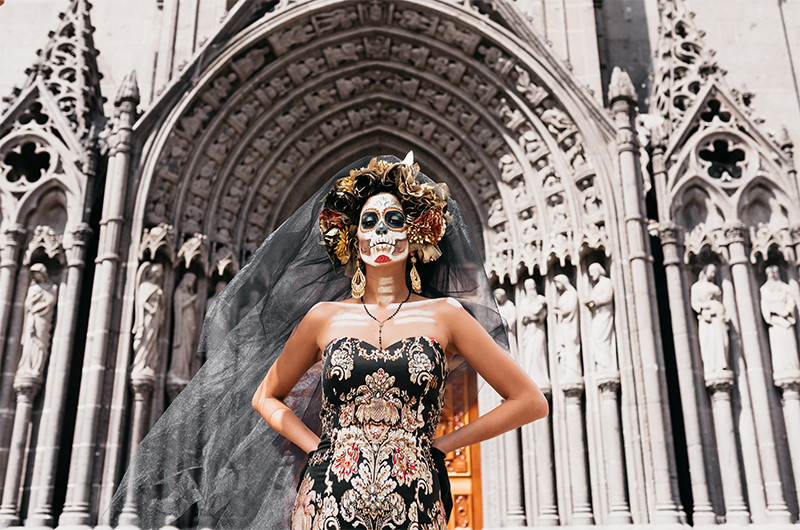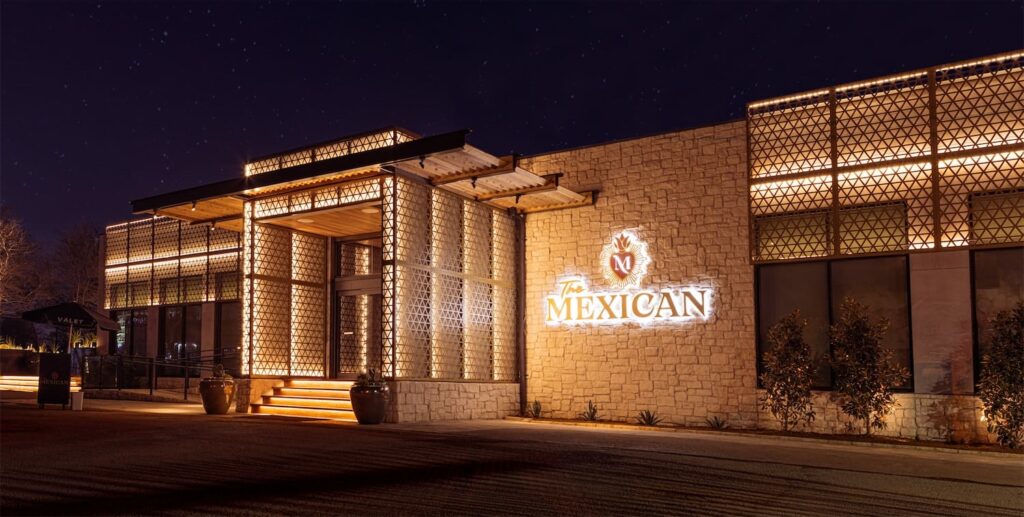Mexican rice casserole beef
Our Menu Check out La Hacienda’s wide variety of offerings. Find your new favorite dish and stop on by! DISCLAIMER: Menu prices and mexican rice casserole beef may vary between locations.
Call your local La Hacienda Mexican Restaurant for the most accurate information. Mexican Slang: 50 Spanish Words and Expressions to Sound Like a Local Looking to have a huge head start when you travel to Mexico? In this post, I’m going to give you a brief introduction to the country’s unique version of Spanish—and by the time we’re done, you’ll be better prepared to navigate a slang-filled conversation with Mexicans! Click here to get a copy.
Common Mexican Slang Words and Expressions Mexican slang could be a language of its own. Just a word of warning— some terms on this list may be considered rude by many people and should be used with caution. I got tickets for Daddy Yankee! It’s not quite a curse, but it can be considered offensive in more formal situations. Me vale madre lo que haga con su vida. United States, a fresa is a young person from a wealthy family who’s self-centered, superficial and materialistic. Adrian can’t come, he’s in jail!

However, if someone in Mexico tells you they’re crudo, it means they’re hungover because they’ve drunk too much alcohol. This slang term means something, usually a person, who comes from Mexico City. Calling someone a chilango is saying that they’re representative of the culture of the city. Often, this is used to power down someone who’s boastful or thinks they’re better than anyone else. Te crees muy muy desde que conseguiste ese trabajo.
Metiche is a slang word for someone who loves to get the scoop on everyone’s everything. Some people would refer to this sort of person as a busybody! De qué hablaste con tu amiga? What did you talk about with your friend? Nothing, don’t be such a busybody!

This Mexican slang term refers to a Mexican who’s left Mexico or someone who’s perhaps forgotten their Mexican roots or heritage. It can be used as just an observatory expression, but also as a derogatory slang word used to point out that someone’s at fault for not remembering their heritage. Mis primos pochos vienen a visitar este fin de semana. Naco is a word used to describe someone or something poorly educated and bad-mannered. The word has its origins in insulting indigenous and poor people, so be careful with this word!
Although the word cholo can have several meanings, it often refers to Mexican gangsters, especially Mexican American teens and youngsters who are in a street gang. Vi unos cholos en la esquina. It’s perhaps for this reason that carnal is used to describe a close friend who’s like a sibling to you, carne de tu carne or flesh of your flesh. This popular conversational interjection is used to fill a lull in the chatter or to give someone the opportunity to come clean on an exaggeration. Oftentimes, though, it’s just said to express agreement with the last comment in a conversation or to clarify something. Don’t try to translate this literally—just know that this convenient phrase means that you’re in agreement with whatever’s being discussed. Sí, baila mejor que todos, eso que ni que.
We have to leave right now! Lo siento, me olvidé mi billatera. No, pero no hay tos, comamos en la casa. It can also be used as a question tag when you want someone’s opinion or to see if they’re on the same page as you. Shall we go to the concert? Sale, pero tendrás que prestarme lana. Sure, but you’ll have to lend me some money.
English but Mexican slang has turned it into a term used to describe someone who’s cheap. It can be applied to either gender, so pay attention to the -a or -o ending of this descriptive noun. Ese codo ni pagó la cena! That cheapskate didn’t even pay for dinner! However, feria also refers to coins when it’s used in Mexico. It’s another feel-good, casual conversational expression that really adds a lot of good feelings to any chat. It’s the unifying phrase that says the country should grow, prosper and see happy times for its citizens and visitors.